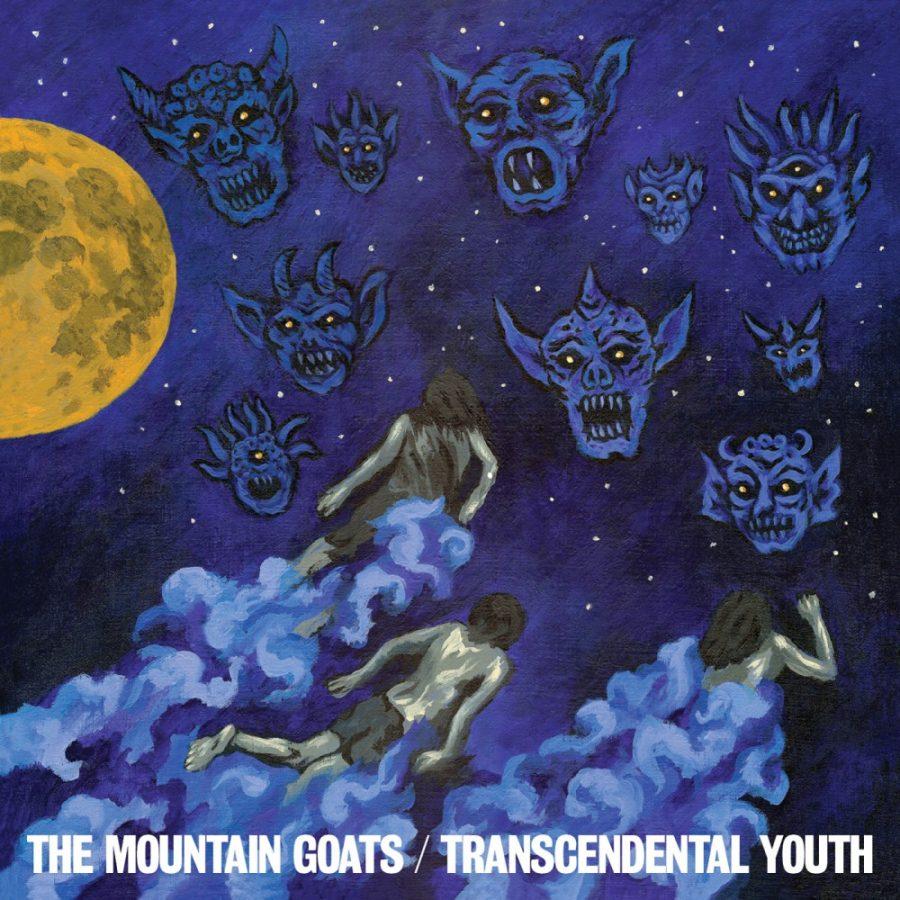Transcendental Youth once again proves that The Mountain Goats are one of the few bands in indie rock that can get away with writing the same song over and over.
That’s not to say every tracksounds alike. It’s just that, 20 years ago, John Darnielle was lucky enough to figure out the kind of lyrically-driven, acoustic character pieces he was interested in. He’s continued to write them ever since.
Ultimately a song like “Harlem Roulette,” which chronicles the death of singing wunderkind Frankie Lymon in haunting detail, could have fit in just as easily on the 2000 album The Coroner’s Gambit. That doesn’t make a line like “the loneliest people in the whole wide world are the ones you’re never going to see again” hit any less hard, especially when delivered by the warm, friendly timbre of Darnielle’s bleat. It’s refreshing to hear the pathological empathy he brings to each and every one of his characters hasn’t depleted over the years.
It would be a disservice to Transcendental Youth to ignore the other large factor in its charm, which is the small army of horns that adorn the majority of the tracks. For all his commitment to his template, Darnielle has never been one to shy away from tinkering a bit with instrumentation of his songs, including Casio keyboards and drum machines as early as 1992’s The Hound Chronicles.
Variation proves to be as welcome now as it was back then. The horn section adds a welcome sense of longing and plaintive isolation to songs like “White Cedar” and “In Memory Of Satan,” almost calling attention to the subtle complexities of Darnielle’s chord changes and melody-crafting. A good highlight would be “Cry For Judas” where the descending vocals of the chorus form a call-and-response with the horn section to evoke the titular cry in all its glory.
Ultimately, Transcendental Youth features little in the way of classic standouts, with the exception of “Harlem Roulette” and perhaps “In Memory of Satan,” but the band’s goal here seems to be more expansive than normal. The best example of this is the two part “Spent Gladiator” suite, two separate songs placed at either end of the sequence which land twice as smoothly when considered together.
Opener “Amy aka Spent Gladiator 1” features the refrain “just stay alive,” but by the time Darnielle is singing that same refrain in “Spent Gladiator 2,” nine tunes of the confused condition of mankind have passed that evoke the ideas from the first song with a newfound sense of reflection. It is in the presentation of these two songs that Transcendental Youth’s themes of alienation and struggle are best understood. Each side of the same fundamental fear works in tandem to illuminate just how far we’ve come and just how far we’ve yet to go.
4/5 stars
Follow us on Twitter @wildcatarts.









